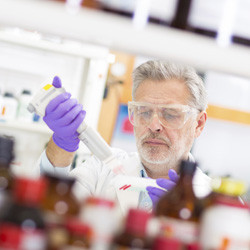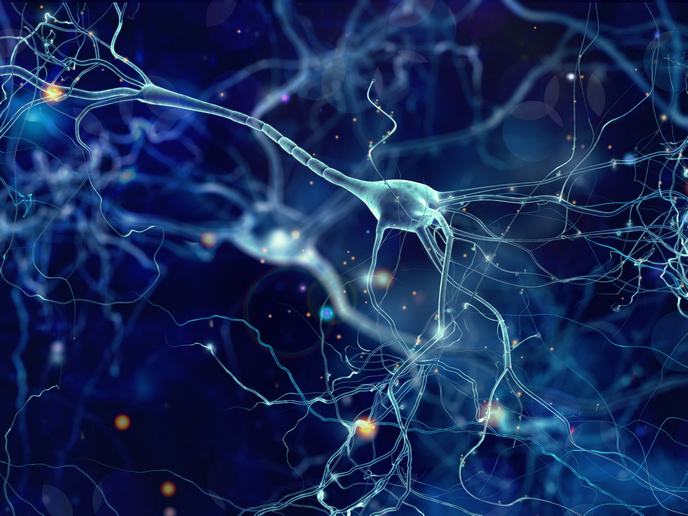Cell anion transporter role variation
Gene function and expression can vary enormously due to input from various factors. Proteomics and protein interaction, gene-to-gene interaction and changes to the genetic material not encoded in the DNA itself, and epigenetic alterations can all bring about transcription variations. The EU-funded 'Proteomics & epi-genetics of anion-transport-network' (PEG-ANION-NET) project consortium have pooled resources to look at how proteomic, genomic and epigenetic input affect the function of two anion transporters — ICln and pendrin. ICln is active in the kidney and the heart where it is instrumental in arrhythmias. Working with this transporter in Xenopus oocytes, the researchers found that ICln is linked to cell volume regulation and another transporter, IClswell. Another focus of the work was the interaction of ICln with proteins found in the cell cytoplasm. Proteins with a wide variety of functions are involved with the transporter, including actin and the red blood cell protein 4.1. The pendrin protein (PD) is expressed mainly in the thyroid, inner ear and kidney. Transporting iodide, it is necessary for thyroid hormone production. Mutations in the gene are responsible for a common form of syndromic deafness, Pendred syndrome. PD is also thought to have a role in airway hyper-reactivity in asthma attacks. PEG-ANION-NET researchers have so far focused on its genetics, functional characterisation of PD mutants, epigenetics and its role in the kidney. Project work has already appeared in peer-reviewed journals Cellular Physiology and Biochemistry, Nature Reviews Drug Discovery, Cell and PLOS ONE. Further dissemination has occurred through the International Research Staff Exchange Scheme (IRSES) network via an 'Exploratory Workshop' and a follow-up meeting. Further work on ICln and its binding partners is essential to understand the molecule's role in cell volume and shape, and ultimately disease. Research into specific mutations involved in Pendred syndrome together with the epigenetic regulation and function of pendrin promises to aid patients with this type of deafness.







